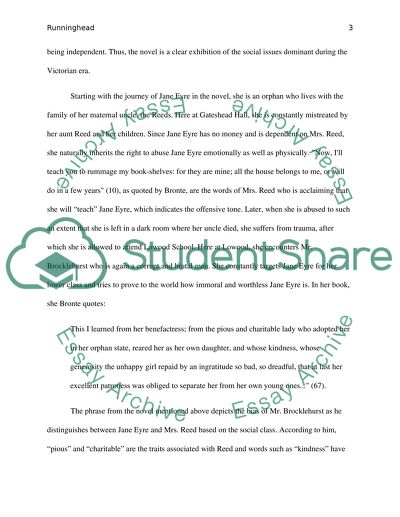Cite this document
(“Jane Eyre and Social Class Essay Example | Topics and Well Written Essays - 1250 words”, n.d.)
Retrieved from https://studentshare.org/english/1451860-jane-eyre-and-social-class
Retrieved from https://studentshare.org/english/1451860-jane-eyre-and-social-class
(Jane Eyre and Social Class Essay Example | Topics and Well Written Essays - 1250 Words)
https://studentshare.org/english/1451860-jane-eyre-and-social-class.
https://studentshare.org/english/1451860-jane-eyre-and-social-class.
“Jane Eyre and Social Class Essay Example | Topics and Well Written Essays - 1250 Words”, n.d. https://studentshare.org/english/1451860-jane-eyre-and-social-class.


